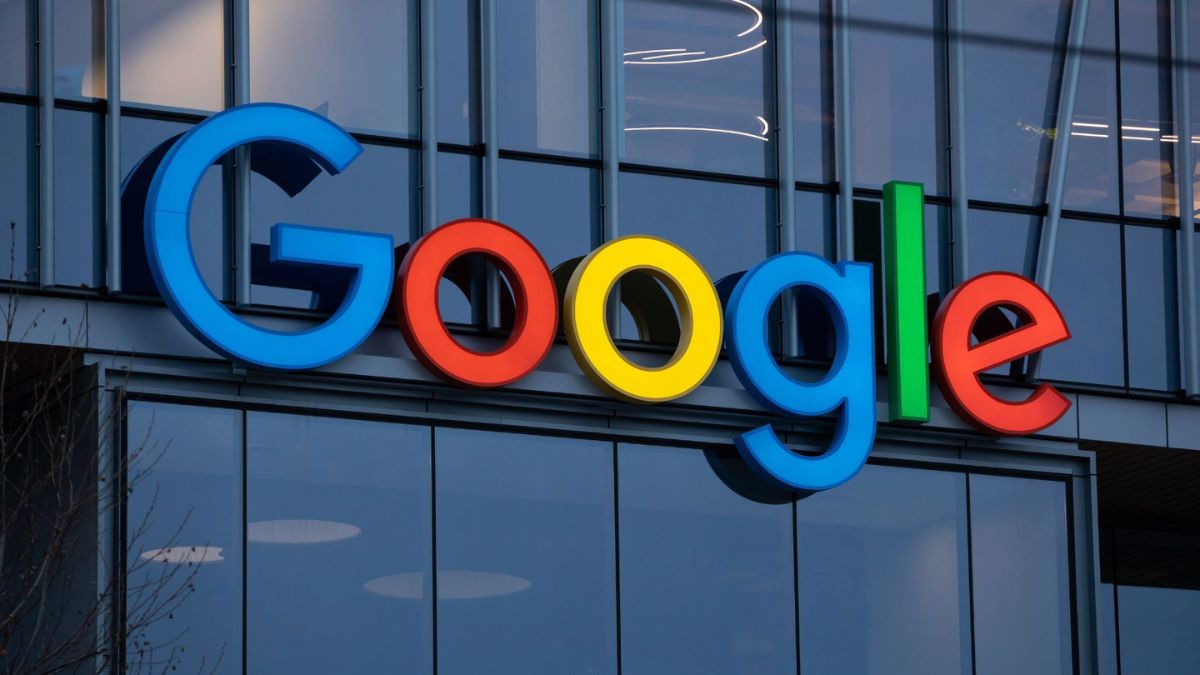Necessary Always Active
Necessary cookies are required to enable the basic features of this site, such as providing secure log-in or adjusting your consent preferences. These cookies do not store any personally identifiable data.
|
||||||
|
||||||
|
||||||
|

Google announced a significant advancement in automated digital commerce with the launch of its Agent Payments Protocol (AP2), designed to enable secure, transparent, and auditable purchases by AI agents acting on behalf of users. The development was first reported by TechCrunch. This new protocol is positioned as a critical industry standard, already backed by over 60 financial institutions and merchants, aiming to streamline agent-driven transactions across multiple sectors and geographies.
The Google agent payments protocol was introduced to address the growing need for standardized methods in agent-driven commerce. As AI agents increasingly perform complex tasks, including selecting and purchasing products, the need for a secure and interoperable system has become essential.
The protocol mandates a dual-approval process to ensure user oversight and system accountability:
In a post announcing the protocol, Google executives emphasized their commitment to openness. “We are committed to evolving this protocol in an open, collaborative process, including through standards bodies, and invite the entire payments and technology community to build this future with us,” wrote Stavan Parikh and Rao Surapaneni, who are VPs at Google and Google Cloud, respectively.
Core Benefits of Dual-Approval in AP2:
The system supports both semi-automated and fully automated purchases, where detailed intent mandates can contain specific limits on price, vendor preferences, timing, and product categories. This ensures that purchases adhere strictly to user instructions and reduces risks of fraud or unwanted transactions.
On September 4, 2025, a United States federal jury ruled that Alphabet’s Google must pay $425 million in a class action lawsuit over data collection practices.
Additionally, every transaction produces an auditable log, offering full traceability, which is critical for enterprise-level compliance. Google has been coming up with the latest features to make user-experience better such as Google AI overview is reshaping search and challenging business growth.
To further broaden the protocol’s applicability, Google collaborated with leading crypto infrastructure providers, including Coinbase, Metamask, and the Ethereum Foundation.
Through the use of the x402 protocol, Google’s Agent Payments Protocol enables AI agents to execute transactions using digital assets. This compatibility extends AP2’s relevance to enterprises and developers seeking to integrate cryptocurrency payments into automated commerce workflows, without relying solely on traditional financial networks.
Important Aspects of AP2’s Crypto Payment Support:
Several major financial services firms have adopted the Google protocol for automated purchases, significantly strengthening its industry presence. These include Mastercard, American Express, and PayPal, which have all begun integrating AP2 into their payment processing platforms.
Google’s decision to make the full protocol specification open-source and available on GitHub encourages broad adoption and allows businesses to tailor the protocol for their specific needs. Other companies such as Perplexity and Stripe have also created agentic purchasing solutions. However, industry analysts note that none provide the level of transparency, dual-approval structure, and broad payment system compatibility that AP2 offers.
The success of Google’s Agent Payments Protocol is expected to rely heavily on uptake by developers building agent-powered commerce applications and partnerships with both payment providers and retail businesses. In August, 2025, Perplexity AI made a bid to acquire Google’s Chrome browser, marking one of the largest unsolicited offers in recent tech history.